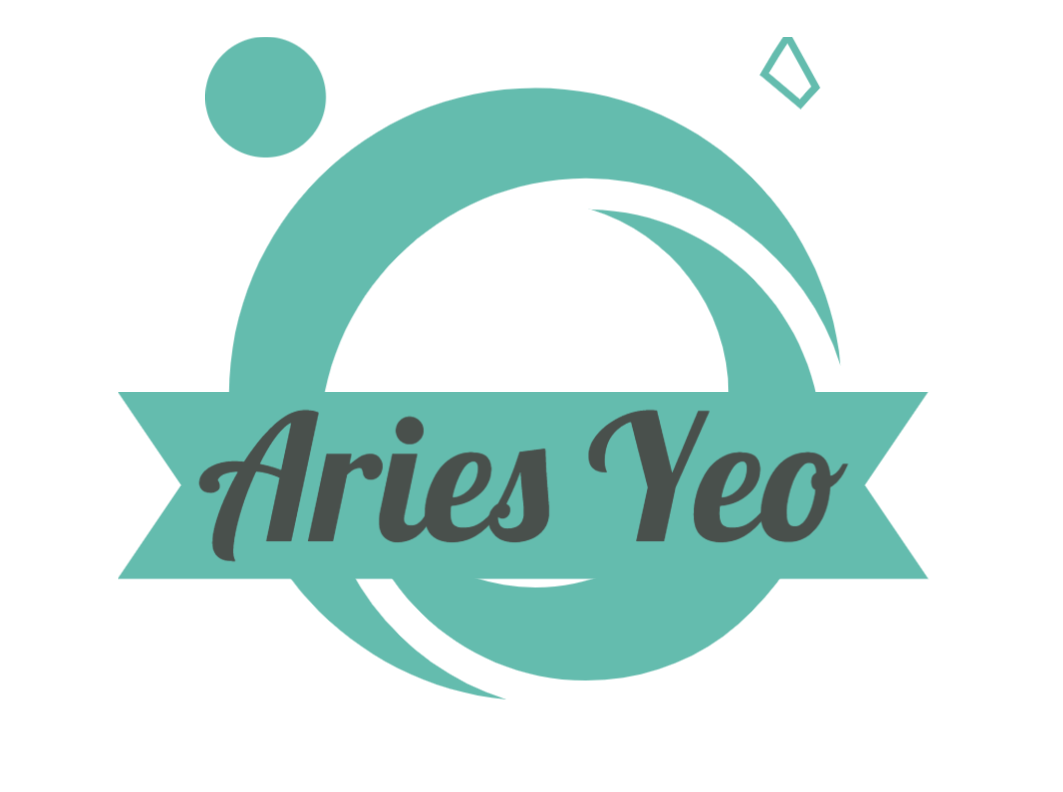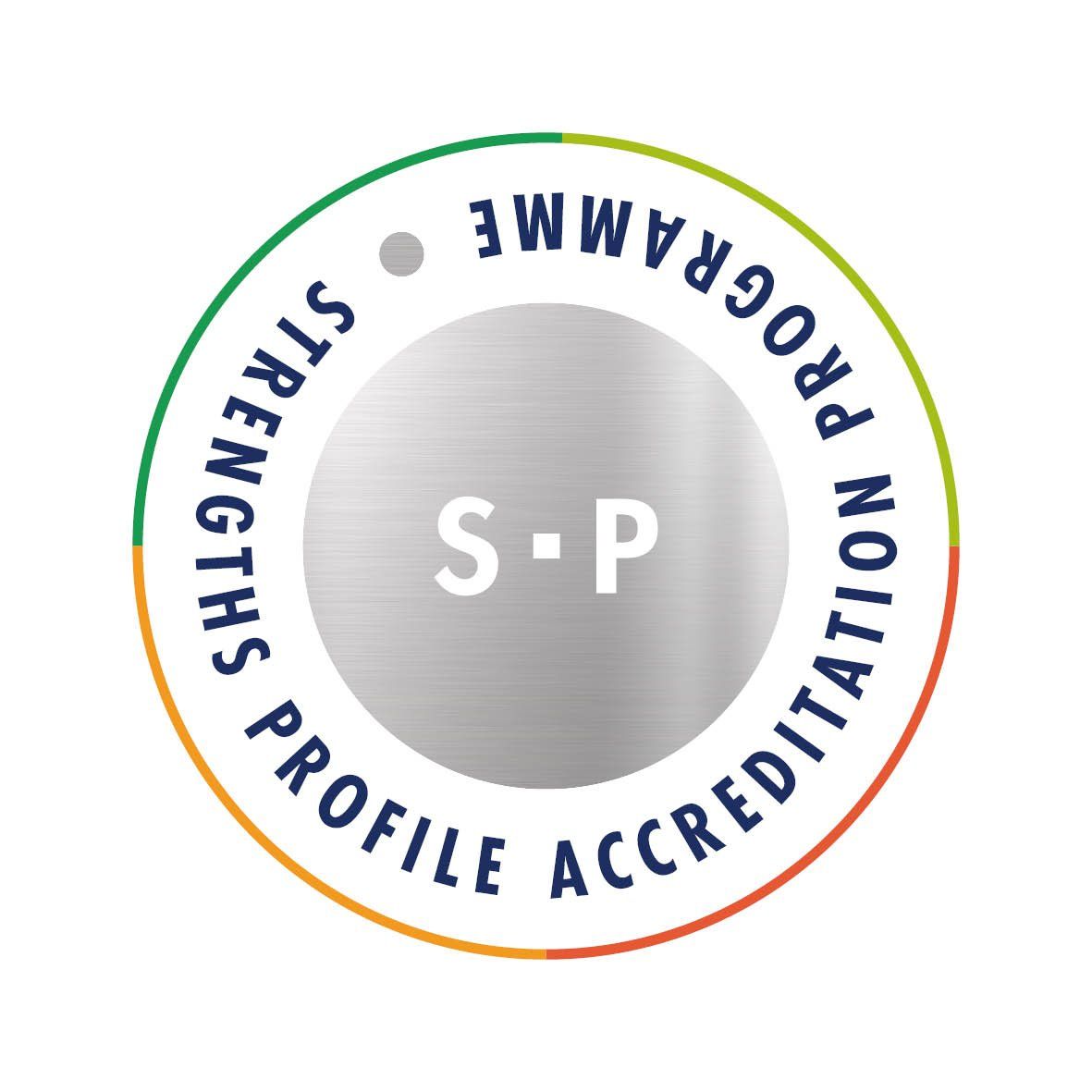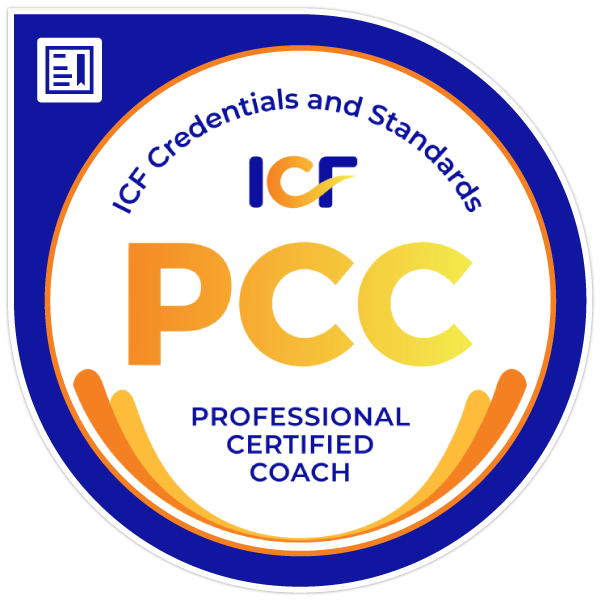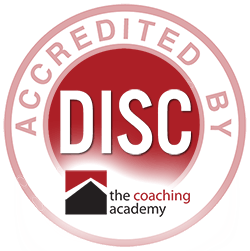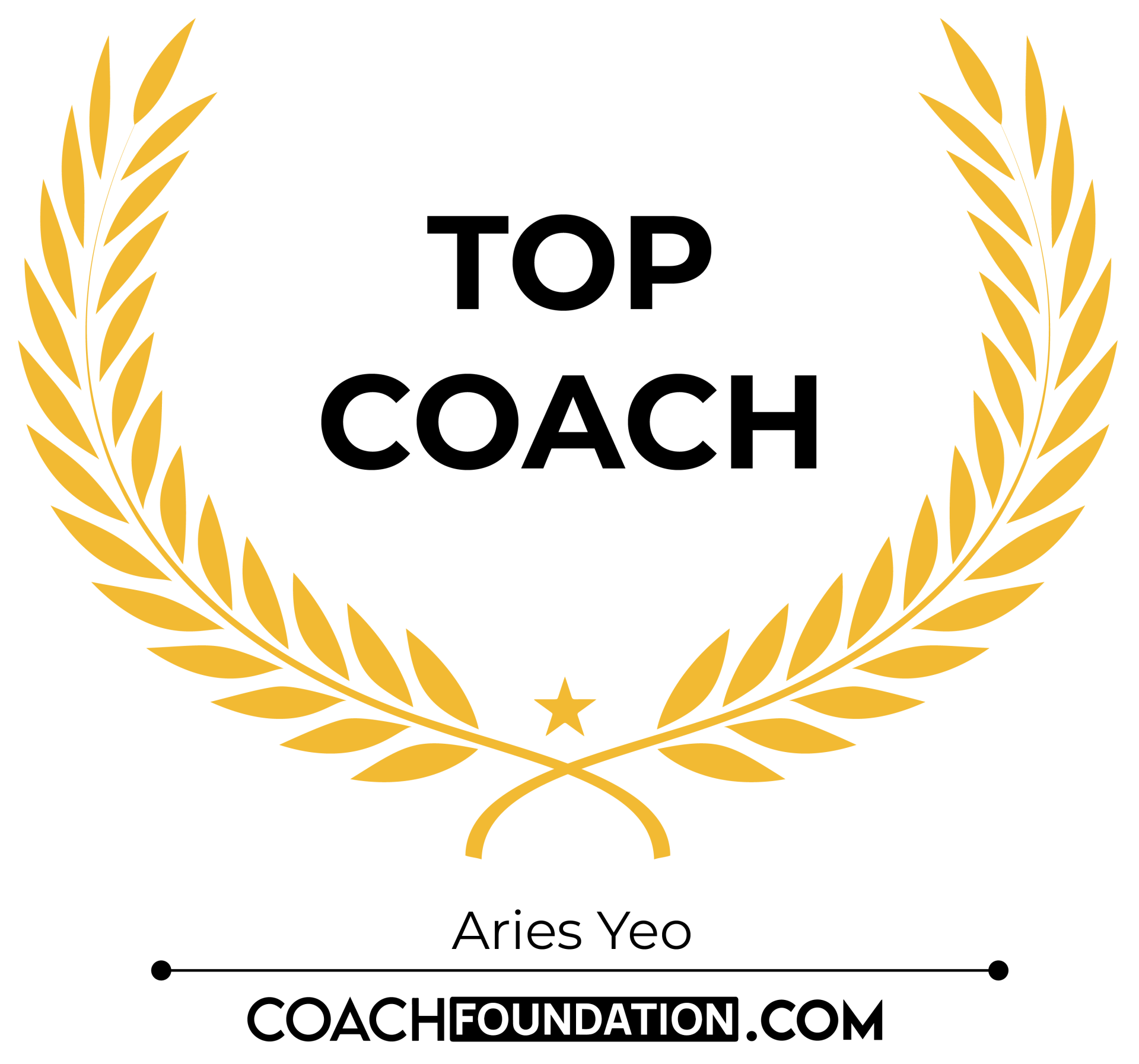Myth of Work life Balance
Why Integration and Purpose Matter More Than Balance.
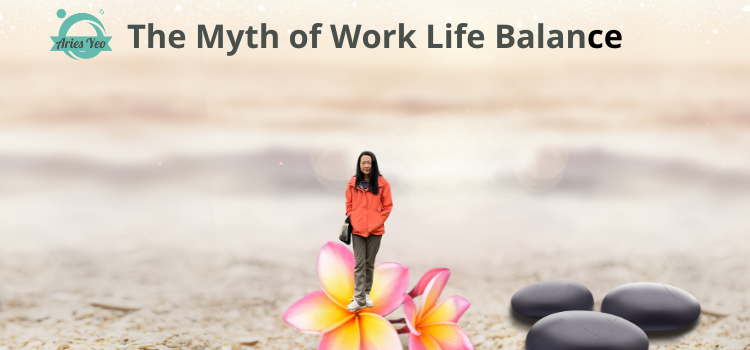
Work-life balance.
The phrase evokes images of perfectly coordinated schedules, effortless multitasking, and an idyllic harmony between our professional responsibilities and personal aspirations. Yet, how often does this balance truly manifest in our lives? For many, the pursuit of work-life balance becomes a treadmill—endless striving without ever arriving. And herein lies the myth: the assumption that balance is achievable, universally applicable, or even desirable.
But what if the problem isn’t our inability to achieve balance? What if the issue is the very concept itself—a one-size-fits-all solution to a deeply personal question? To understand why balance eludes so many, we need to dig deeper into what truly matters in life and redefine what we’re striving for.
Why Work-Life Balance Is a Myth
1. Balance Suggests Equal Weight
The term "balance" implies an even distribution of time, energy, and focus across work and life. But life doesn’t unfold in neatly apportioned segments. Some seasons demand more from our professional lives, while others call for a greater focus on family, health, or personal growth. Balance, in its most literal sense, is static—a point where all competing forces are equal. Yet life is dynamic and ever-changing. Expecting balance is like asking a river to stay still.
2. The "Ideal Balance" Is a Moving Target
What feels balanced today may feel stifling tomorrow. A new job, a growing family, or a personal crisis can shift priorities overnight. Yet, the myth of work-life balance assumes there’s a fixed, universal template we’re all meant to follow. When we measure ourselves against this elusive standard, it’s easy to feel like we’re failing.
3. It’s Rooted in External Expectations
Much of the pressure to "achieve balance" stems from societal norms, cultural expectations, and workplace demands. We internalize messages about what success, productivity, or a "good life" should look like, often without questioning whether these ideals align with our own values. As a result, we’re constantly adjusting to meet external standards instead of defining what fulfillment looks like for ourselves.
The Real Question: What Do You Truly Seek?
Before we can move beyond the myth of work-life balance, we must confront a fundamental truth: It is impossible to balance what we have not clearly defined. What is the life you’re trying to balance? What are the priorities, values, and aspirations that truly matter to you?
Too often, we’re chasing balance without clarity. We juggle work commitments, family obligations, and personal goals without pausing to ask: Why am I doing this? What do I hope to achieve? This lack of clarity leaves us vulnerable to the myth, perpetually striving for a balance that doesn’t align with who we are.
1. Clarity Is the Antidote
Clarity begins with understanding your core values and priorities. For some, this might mean prioritizing family over career advancement. For others, it could mean dedicating themselves to a purpose-driven professional life while carving out intentional moments for rest and connection. There is no right or wrong answer—only what resonates deeply with you.
2. Purpose Over Balance
When you’re clear on what matters most, the need for balance diminishes. Instead of dividing your time equally, you can allocate your energy intentionally. Purpose acts as a compass, guiding you to make decisions that align with your values, even if they don’t conform to traditional notions of balance.
3. Reclaim Your Definition of Success
The myth of work-life balance often conflates success with perfection: the idea that you can excel in every area of life simultaneously. But true success lies in living authentically. Authenticity is about aligning your actions with your values and expressing your genuine self in all areas of life. By redefining success on your own terms, you can let go of unrealistic expectations and focus on what genuinely fulfills you.
What to Strive for Instead
If not balance, then what? Here are three alternatives that can help you build a life rooted in meaning and fulfillment:
1. Integration
Work and life are not opposing forces; they’re intertwined. Integration means finding ways to align your professional and personal values so that they support, rather than compete with, each other. For example: A professional who values family might seek flexible work arrangements to spend more time with their children. An entrepreneur passionate about wellness could build a business that reflects their commitment to health and self-care.
Integration allows for fluidity, acknowledging that priorities can shift without undermining your sense of purpose. Living authentically through integration means ensuring that every aspect of your life reflects who you truly are, not who you think you’re supposed to be.
2. Flow
Rather than striving for balance, aim for flow—a state where you’re fully present and engaged in whatever you’re doing. Like the river, it is impossible to be still unless there is no water. Life is just like the river, it is never a stand-still point.
For flow is not about dividing time equally; it’s about immersing yourself in the moment. When you’re at work, give it your full attention. When you’re with loved ones, be fully present. Flow allows you to experience life deeply, without the guilt or distraction of unmet expectations. Authenticity plays a key role in flow; it’s easier to be fully present when your actions align with your true self.
3. Intentional Living
Intentional living means making conscious choices about how you spend your time, energy, and resources. It’s about aligning your daily actions with your long-term aspirations. Ask yourself:
Does this activity align with my values?
Is this commitment helping me move closer to the life I want to create?
Am I saying "yes" to this because it matters to me, or because I feel I should?
Authenticity amplifies intentional living by ensuring that your choices are deeply personal and rooted in your unique values. By living intentionally, you can create a life that feels meaningful and authentic, even if it doesn’t look "balanced" to others.
Embracing What Truly Matters
At its core, the myth of work-life balance distracts us from a deeper truth: Balance is not the goal. Fulfillment is. A life well-lived is not one where everything is perfectly balanced, but one where the things that matter most take center stage.
To strive for this, start by:
Getting clear on your values and priorities.
Letting go of external expectations that don’t serve you.
Redefining success in a way that aligns with your authentic self.
When you’re clear on what you seek, you no longer need to chase balance. Instead, you can create a life that feels rich, purposeful, and uniquely yours.
Leaving You a few thoughts to ponder;
- How clear are you on your values and priorities.
- Are you able to let go of external expectations that don’t serve you.
- Are you in aligment with your authentic self when you look at success
Reach out for a chat if this resonates
See the world as you want it to be and learn how to make it that way.
All Rights Reserved | Aries Yeo
